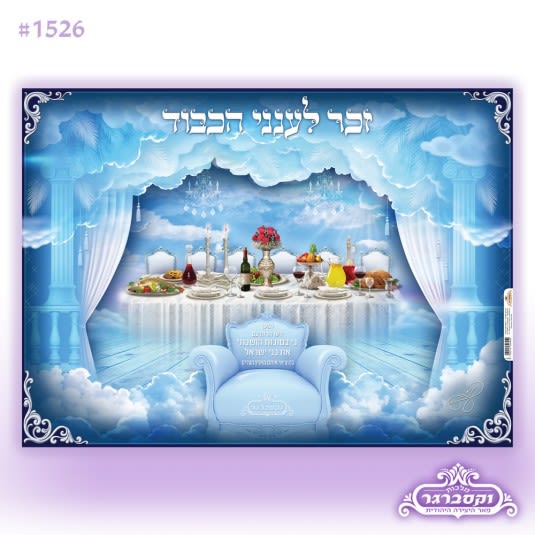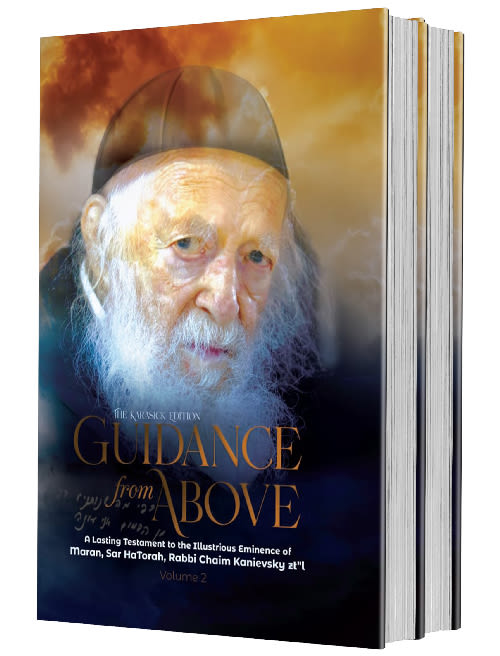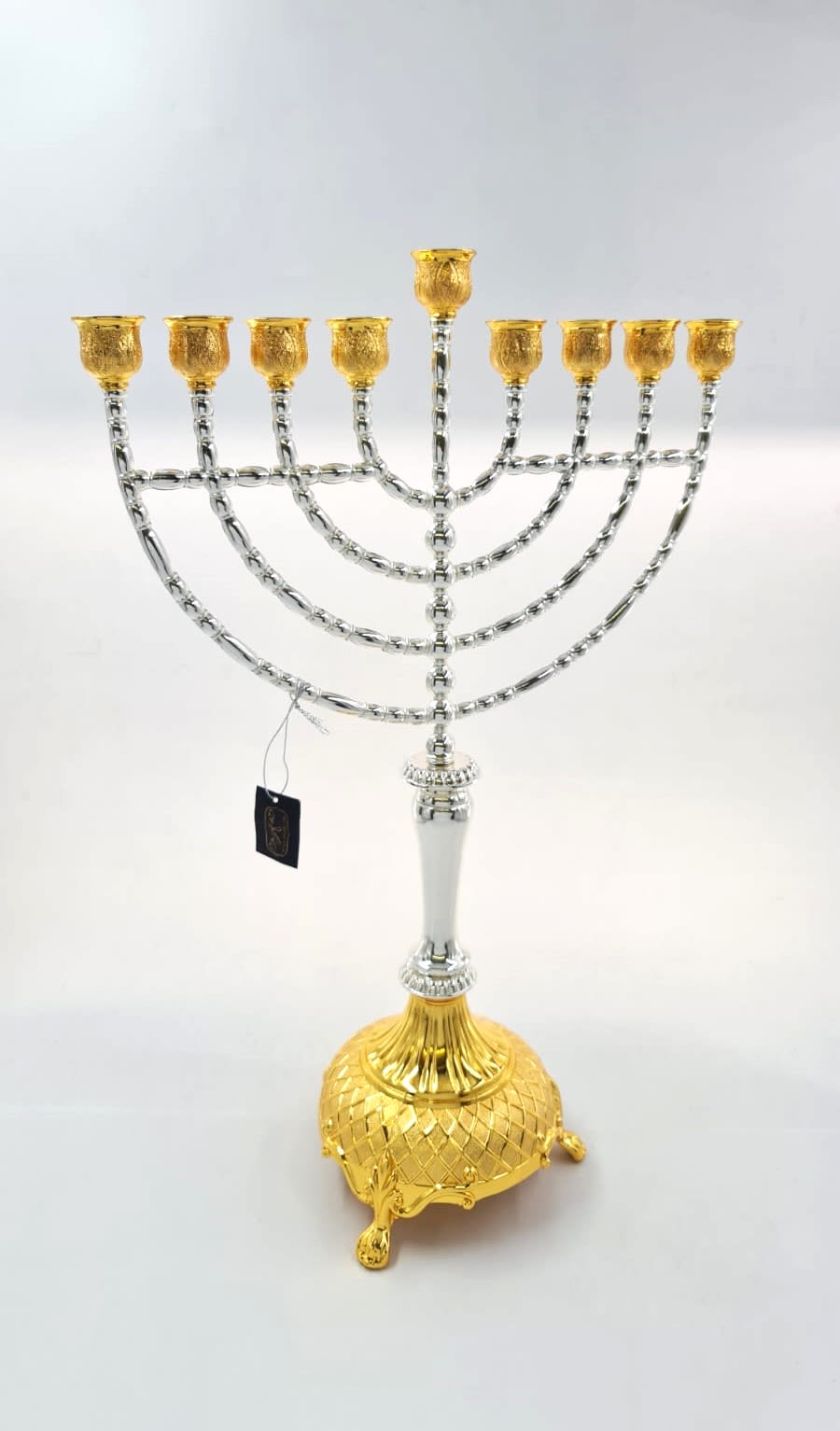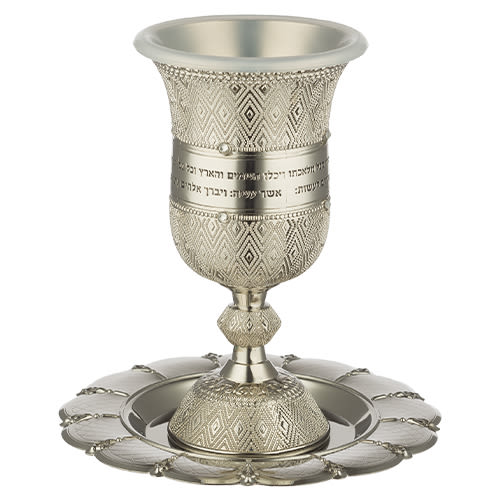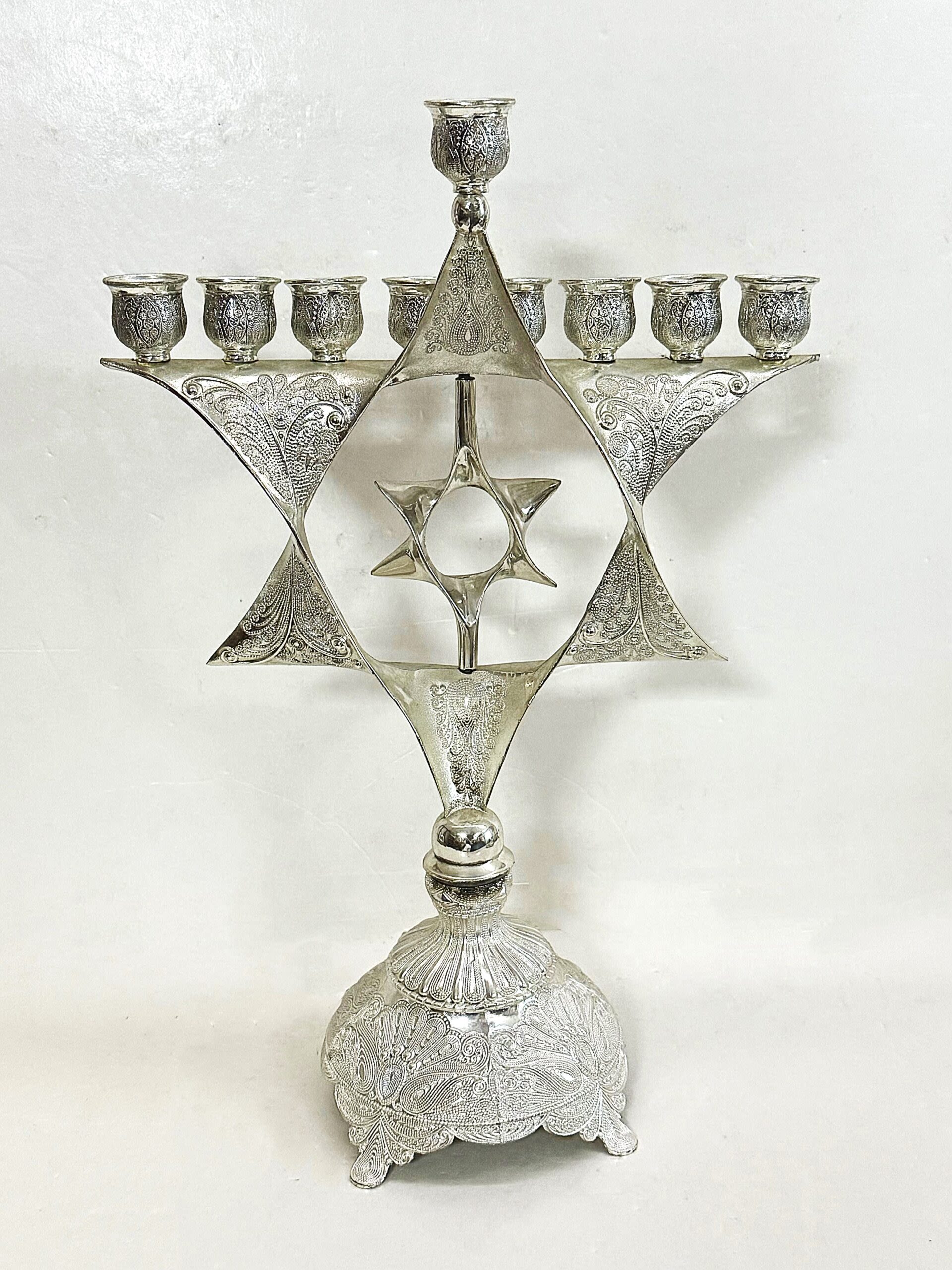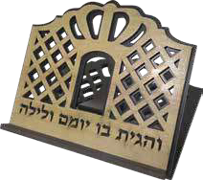
Vayeitzei: Spiritual Protection
Jacob knew that the Land of Israel was the optimal place for Torah and mitzvoth. But what does one do when he or she must be outside of Israel for a good reason?

"And Jacob vowed a vow saying, 'If Hashem will be with me and guard me on the way that I am going and gives me bread to eat and a garment to wear…" (Genesis 28:20).
Why does Jacob express himself with doubt, "If Hashem will be with me"? In an earlier passage, Hahsem already promised that He will be with Jacob, "Behold, I am with you."[1] Isn't that enough to put his mind at ease? What is Jacob so worried about? What's more, Hashem already promised in the same passage that He will guard Jacob on whatever path he takes. Also, why does Jacob request specifically "bread to eat and a garment to wear"? Why doesn't he simply pray for "food and clothing"?
Rebbe Nachman of Breslev teaches[2] that the Land of Israel is conducive for a feeling of sufficiency and to overcoming material lust, particularly the lust for eating. One who is trapped in the lust for eating is far from the truth and in a state of concealment from Divine illumination. He is caught in severe judgment, which brings about financial difficulty, shame and humiliation. Therefore, one who overcomes the lust for food merits truth 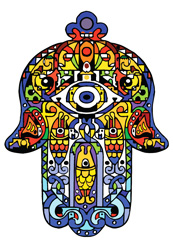 and Divine illumination. His income becomes ample and he is capable of becoming an exemplary individual.
and Divine illumination. His income becomes ample and he is capable of becoming an exemplary individual.
According to Rebbe Nachman's above teaching, we can answer all of our initial questions. Jacob knew that he had to leave the Land of Israel in order to meet and marry his designated soul-mate, but he was extremely afraid of leaving the Land of Israel. Jacob knew that the spiritually exalted atmosphere of the Land of Israel was so conducive to his spiritual growth. He didn't know if he was strong enough to withstand the spiritual impurity outside Israel's borders. As such, Hashem made His first promise, "Behold, I am with you and I shall protect you."[3] Jacob understood that Hashem's protection depends on his remaining within the Land of Israel, where he had totally overcome all bodily lust and appetites. Our forefather Jacob, the tzaddik of truth, didn't trust in his ability to remain holy outside of Israel, in an atmosphere of materialism and spiritual impurity. He thought that he too was liable to fall into lust. He therefore repeated his request for the extra Divine guidance and assistance that he would need to maintain his personal holiness and spiritual level, to ward off any of his body's effort to overpower his soul.
So why does Jacob request specifically "bread to eat and a garment to wear" instead of simply praying for "food and clothing"?
Jacob was for his minimal material needs and nothing more. Whereas "food and clothing" are all-inclusive, "bread to eat and a garment to wear" is the minimum of the minimum; one cannot suffice with less. Such is the pshat, the basic meaning of the passage. Yet, on a deeper level, the above passage reveals Jacob's inner intentions, which we can learn from the following Gemara[4]:
Two brothers, Rav bar Chanina and Dimi bar Chanina, inherited two domestic servants from their father. One knew how to cook and the other knew how to weave. The brothers went to Rava to ask if they could separate the two servants, one brother inheriting the cook and the other brother inheriting the weaver. Rava disagreed, citing the law that such assets cannot be separated, for a person needs both food and clothing.
If I'm not mistaken, both the above Gemara and Jacob's request from Hashem are a remez, an allusive hint to spiritual vitality. Intrinsically, the Gemara is telling us of that Rav and Dimi were inheriting the merit of their righteous father, Rabbi Chanina, whereas food – symbolized by the cook – represents Torah, the food of the soul, and garment – symbolized by the weaver – symbolizes the garment of the soul, which are the Mitzvoth. We would think that Rava would allow each brother to inherit a servant, and we wonder why Rava refused. Intrinsically though, we have our answer – just as one cannot separate Torah and mitzvoth, one cannot separate between the cook and the weaver. As such, everything falls into place: Jacob knew that the Land of Israel was the place of Torah and mitzvoth. He asked Hashem to guard protect him during his mission outside of Israel, and to provide him with his spiritual subsistence there as well, which is none other than Torah and mitzvoth.
***
[1] Genesis 28:15






